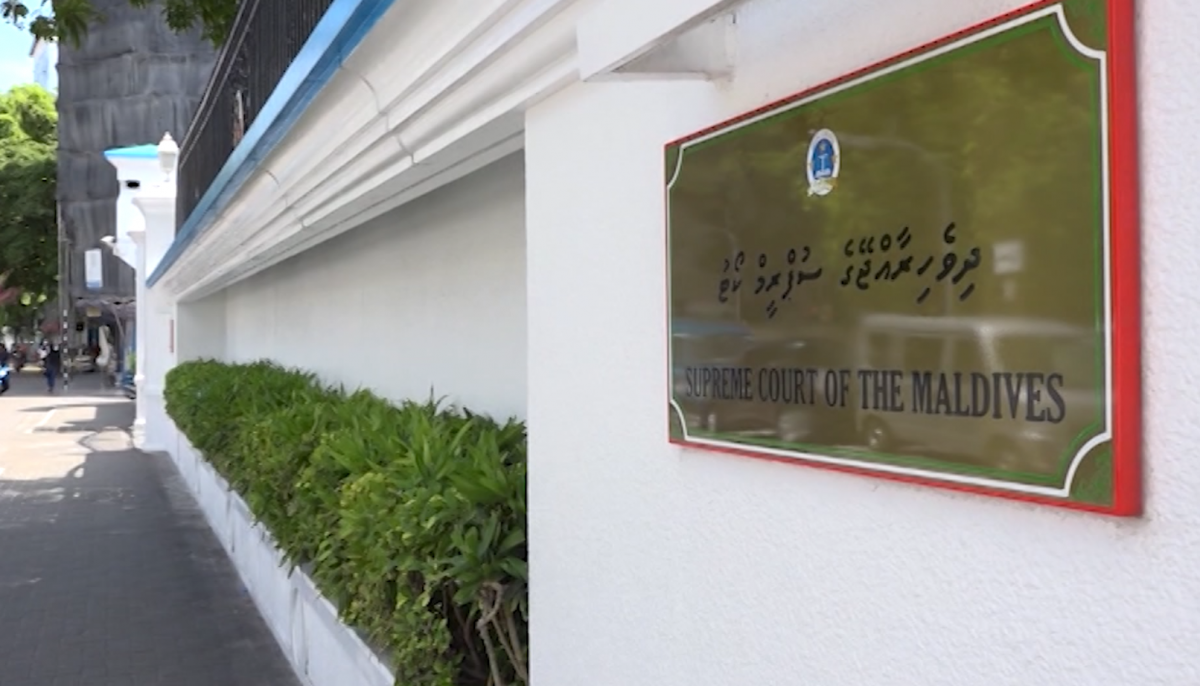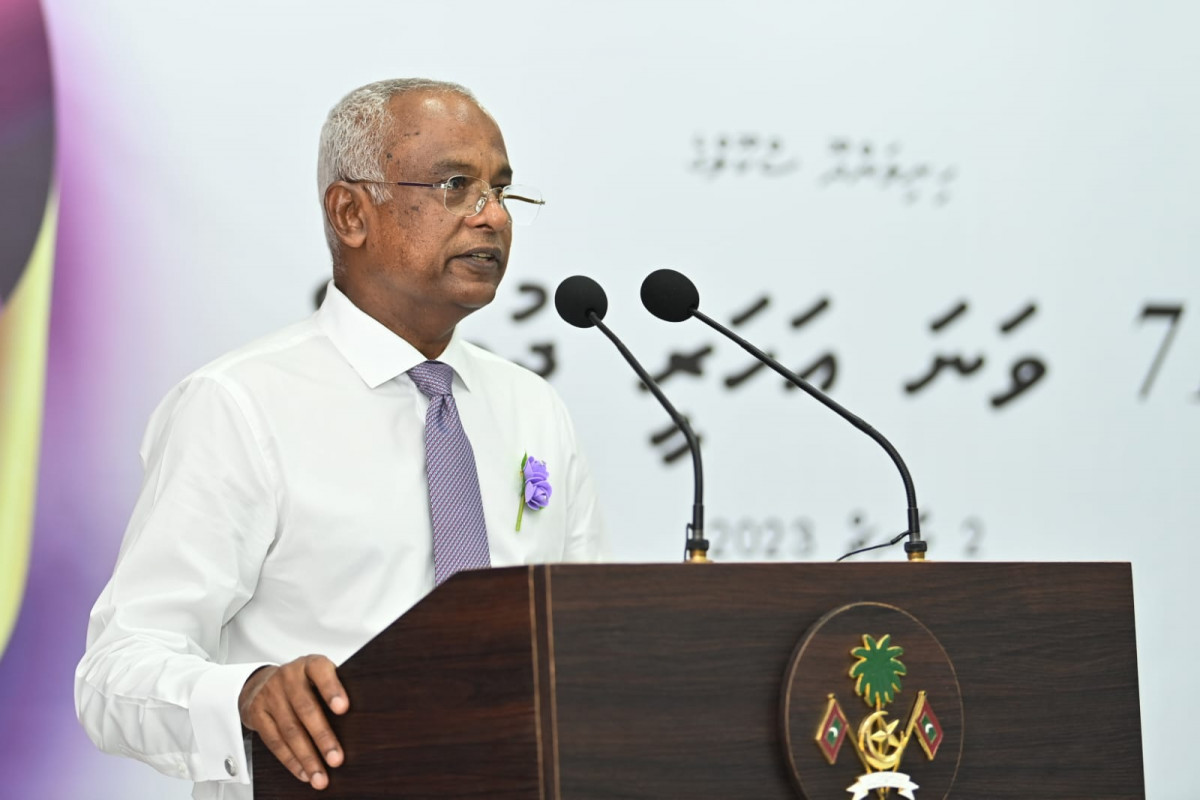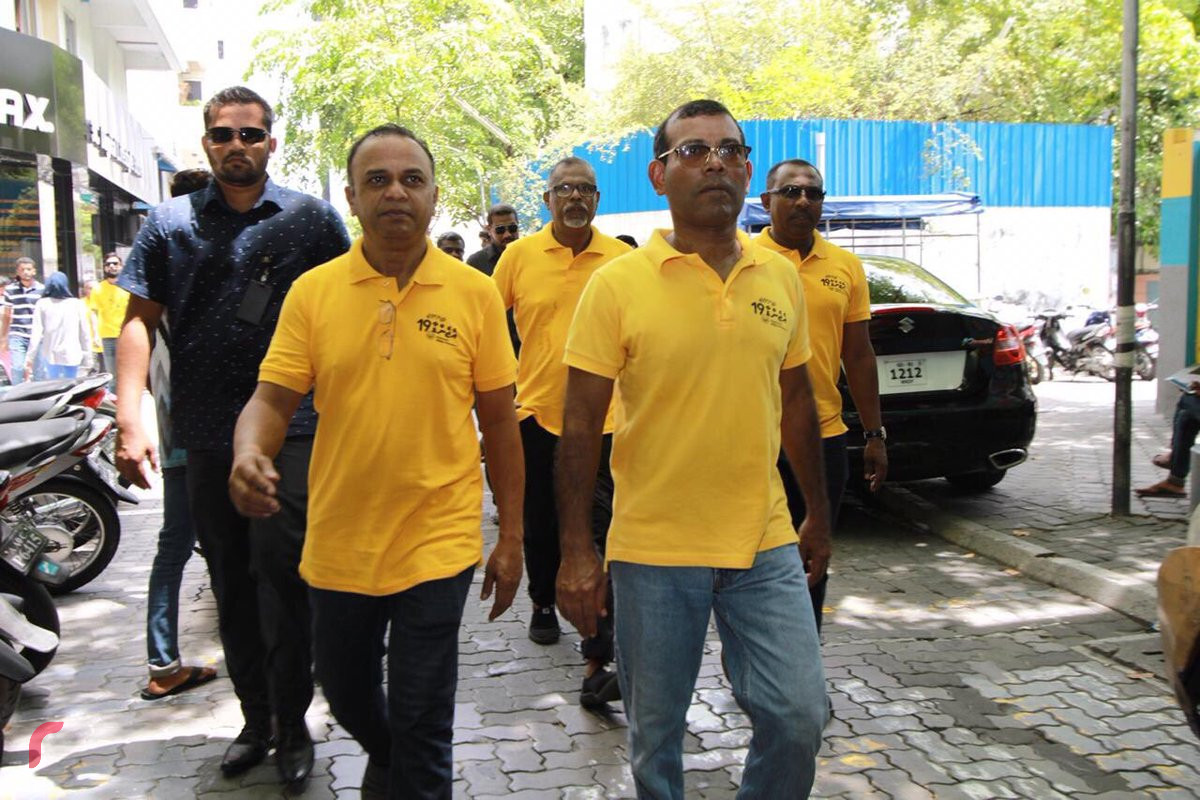Supreme Court rules Ali Waheed cannot be tried at court in absentia
Despite attempting to contact him through email and phone, the court order had not reached Ali Waheed


Supreme Court of the Maldives
A hearing was conducted at the Supreme Court on Sunday regarding the unlawful departure of former tourism minster Ai Waheed, who had left the country citing medical purposes while on trial for seven counts of sexual violence at the Criminal Court.
Former Minister of Tourism Ali Waheed is believed to have fled the country to avoid standing trial. Ali Waheed is charged with seven counts of sexual violence, including attempted rape and inflicting sexual injury, and was removed from the cabinet by President Ibrahim Mohamed Solih last year once the allegations against him surfaced. He left the Maldives early in February 2021, after the Criminal Court illegitimately released his passport, with Ali Waheed's close known associate and State Minister for Youth and Sports Assad Ali signed on as his guarantor prior to his departure.
In the Supreme Court's order released on Sunday for this case, the court notes that those persons being tried for crimes under the penal code were obligated to be present at court when presented with an order to do so. The Supreme Court's order also read that the court reserved the right to take action against those who failed to be present at court without a valid reason being communicated, as the individual would at that point be considered in contempt of court.
The Court also reserves the right to forward the case to the PGO if the court is not able to find the present address of the recipient of the court order, after exhausting all avenues under the penal code.
The state had previously attempted to have the hearing proceed in Ali Waheed's absence. However, the Supreme Court on Sunday declared that Ali Waheed had a constitutional right to be present at his own trial, which could not be restricted without legislative changes, and that restricting Ali Waheed's rights as such would be unconstitutional.
In response, the state had argued that Ali Waheed had forfeited his right to be present at the trial by departing the Maldives and avoiding the court. The Supreme Court when on to maintain that a defendant has the right to seek legal assistance based on their own choice and defend themselves at court. The court said the right to be present at trial isn’t a “choice”, and that it cannot be restricted even amid a state of emergency.
During the trial, representatives of the state noted that while Criminal Court Judge Hassan Saeed had stated in court that Ali Waheed's passport would be released for four months in lifting travel restrictions imposed on him, the time limit had not been mentioned or specified in the court order. The state added that the time limit had only been mentioned in the papers issued to State Minister for Sports Assad Ali, who had signed on as Ali Waheed's guarantor prior to his departure.
The Supreme Court responded by stating that though the court fails to mention a time limit, as it has been specified in Assad Ali's interactions with the court over Ali Waheed, the time period mentioned could be taken as a deadline for the release of Ali Waheed's passport.
The Supreme Court also noted that there was no legal obstacle to having the court order reviewed at the Criminal Court, once Ali Waheed and his guarantor have been found in violation of their agreements.
Justice Mahaz Ali Zahir, Justice Azmiralda Zahir, and Justice Dr. Mohamed Ibrahim, who oversaw the case at the Supreme Court, agreed unanimously that Ali Waheed could not be tried at court in absentia, as he had a constitutional right to be present at his own trial.






